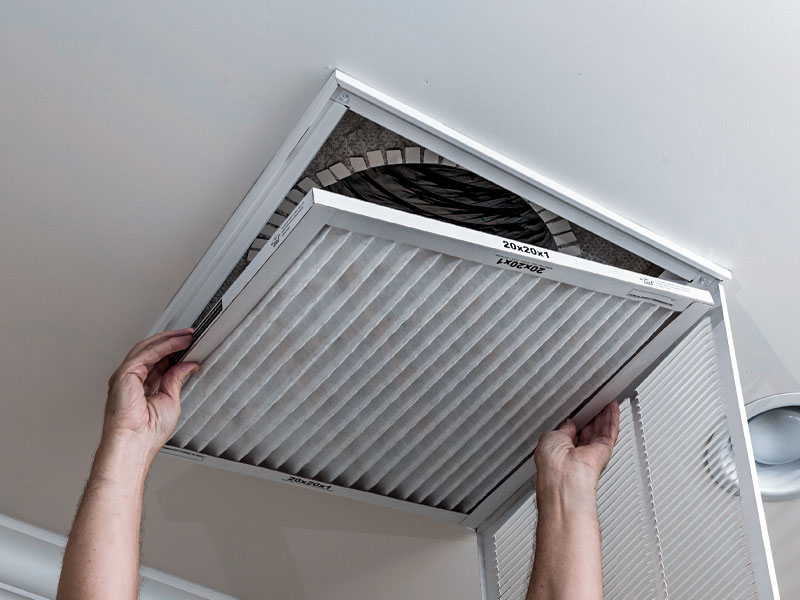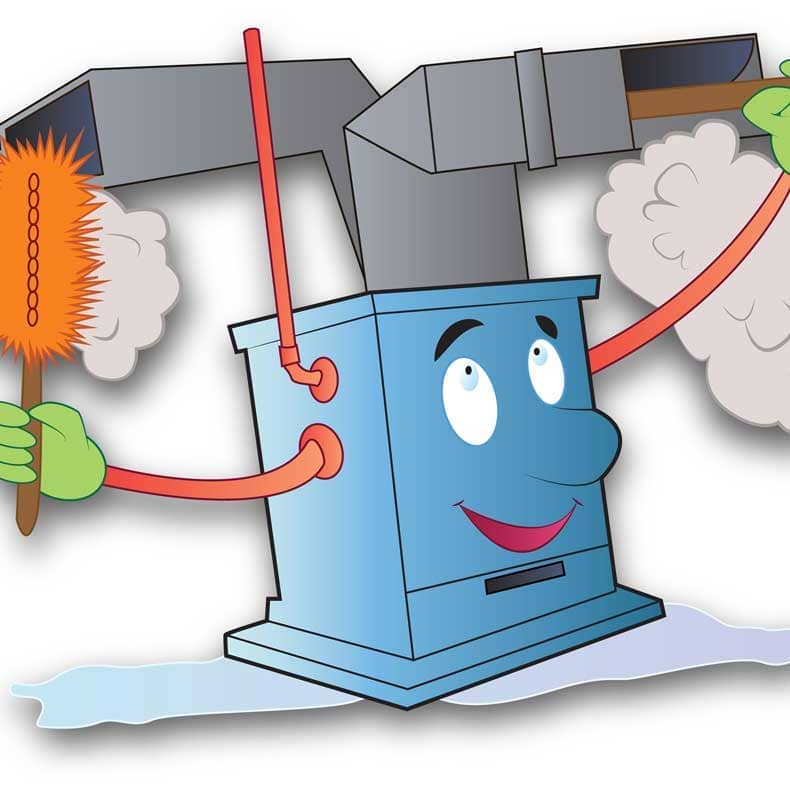Introduction: The Importance of Air Filtration
Indoor air quality has a major impact on health and wellbeing. Pollutants like dust, dander, mold spores, and more can accumulate easily without proper air filtration. Upgrading your home’s air filters captures more of these microscopic particles, improving respiratory health.
When selecting an air filter, HEPA and MERV filters are two common options. But what’s the difference, and which is best for your home?
Understanding HEPA Air Filters
HEPA filters (High Efficiency Particulate Air) provide exceptional, medical-grade air filtration. To qualify as true HEPA, air filters must remove at least 99.97% of particles 0.3 microns in size. This includes microscopic allergens like pollen, mold spores and pet dander.
HEPA filters trap particles through densely pleated filter media, allowing high airflow. Their unparalleled particle capture makes them ideal for improving indoor air quality.
Some key facts about HEPA filters:
- Extremely efficient at capturing microscopic particles
- Typically densely pleated to allow high airflow
- More expensive than other residential filters
- Ideal for allergy and asthma sufferers
By trapping so many fine particles, from smokey odors to microbial contaminants, HEPA filters dramatically improve indoor air quality. Their exceptional filtration makes them the preferred choice in hospitals, clean rooms, and more.
Understanding the MERV Rating System
MERV stands for Minimum Efficiency Reporting Value, an industry standard rating system measuring filter performance. MERV ratings assigned by the American Society of Heating, Refrigerating and Air-Conditioning Engineers (ASHRAE) range from 1-16.
Higher MERV ratings indicate better efficiency at capturing microscopic particles. For example:
- MERV 8 filters: Basic filtration for homes
- MERV 13+ filters: High-efficiency removal of fine particles like mold spores
| MERV Rating | Filtration Efficiency | Particle Size |
| 1-4 | <20% | 10 microns and more |
| 5-7 | 20%-45% | 3-10 microns |
| 8-10 | 50%-65% | 1-3 microns |
| 11-16 | 85%-95% | 0.3-1 microns |
So while a MERV 16 filter approaches true HEPA filter performance, even lesser-rated MERV models trap many common allergens.
Key Differences: MERV vs HEPA Ratings
While both improve indoor air, MERV and HEPA filters vary in:
Filtration Efficiency
- HEPA filter: 99.97% efficient at 0.3 microns.
- MERV filters: 85-95% efficient for MERV 11-16 models.
Particle Capture Size
- HEPA filters remove tiny particles like bacteria
- MERV filters less effective for particles under 1 micron
Cost Filters
- HEPA filters have higher upfront cost.
- High-tier MERV filters approach HEPA performance at lower price.
For superior microscopic particle removal, medical-grade true HEPA remains the gold standard, especially for allergy and asthma suffers. Top-rated MERV models offer an affordable balance of efficiency for most.
Factors to Consider When Choosing an Air Filter
When selecting a HEPA versus MERV filter, consider:
Home Environment
Do you require removal of microscopic allergens due to health issues? Is your area highly polluted or subject to wildfires requiring better air cleansing? Assess if your conditions require advanced filtration.
Specific Performance Needs
What particle sizes need filtering? Consider allergies, odors, or respiratory conditions needing certain pollutant removal. MERV 8 models filter adequate protection for many homes.
Budget
MERV and HEPA models vary greatly in upfront cost and longevity. Calculate total cost over the filter’s lifetime when purchasing.
Also ensure your HVAC system can accommodate upgraded models without burnout or decreased system lifespan. A professional can advise filter capacity.
By balancing these factors against performance specs, you can select the right filter technology for your household’s needs.
Choosing the Best Air Filter for Your Needs
When selecting a HEPA or MERV air filter, consider:
- Health factors requiring microscopic particle removal;
- Desired allergen and pollutant size capture;
- HVAC system capacity for upgraded filters;
- Cost constraints of filter models.
Comparing these factors to efficiency specs allows you to equip your home with superior air filtration matched to your indoor air quality requirements.
Prioritize filtration performance based on your indoor air quality needs and health factors. For superior removal of microscopic allergens, VOC’s, pathogens and odors, medical-grade true HEPA remains the most failsafe choice if within budget.
Alternatively, residential MERV 13-16 filters offer high particle capture for less cost, striking a balance helpful for many homeowners without specialized needs.
No matter your filter technology, change filters regularly for peak performance. Follow manufacturer guidelines on replacement frequency. Scheduling seasonal swaps for winter and summer can match heavier use periods.
As a ProGeneralService air duct cleaning company, we strongly recommend that our customers change their HVAC air filters every 3-6 months.
Investing in better home air filtration traps more indoor pollutants wreaking havoc on health and comfort. Assess your household’s needs, then equip your HVAC system to actively clean the air you breathe each day.
Conclusion
Indoor air quality impacts nearly every aspect of comfort, health and lifestyle. Yet air filters are an oft-neglected component of residential HVAC systems. By understanding key performance differences between HEPA and MERV air filter technologies, homeowners can make informed choices on upgrading to better protect their indoor environment.
Medical-grade HEPA filters offer gold standard microscopic particle capture, while high-tier MERV models still approach 99% efficiency for less upfront investment. Prioritizing your home’s conditions and needs first allows you to then select the right filtration system for your budget. Start by assessing factors like health issues, particle sizes needing capture, HVAC capacity and cost constraints.
No matter what filter technology you select, upgrading to a high-efficiency system allows better removal of irritating and dangerous particulate accumulating constantly in home air systems. Make proactive decisions to provide cleaner, healthier indoor air quality with a filter specially equipped for your household needs. Your lungs will thank you.



